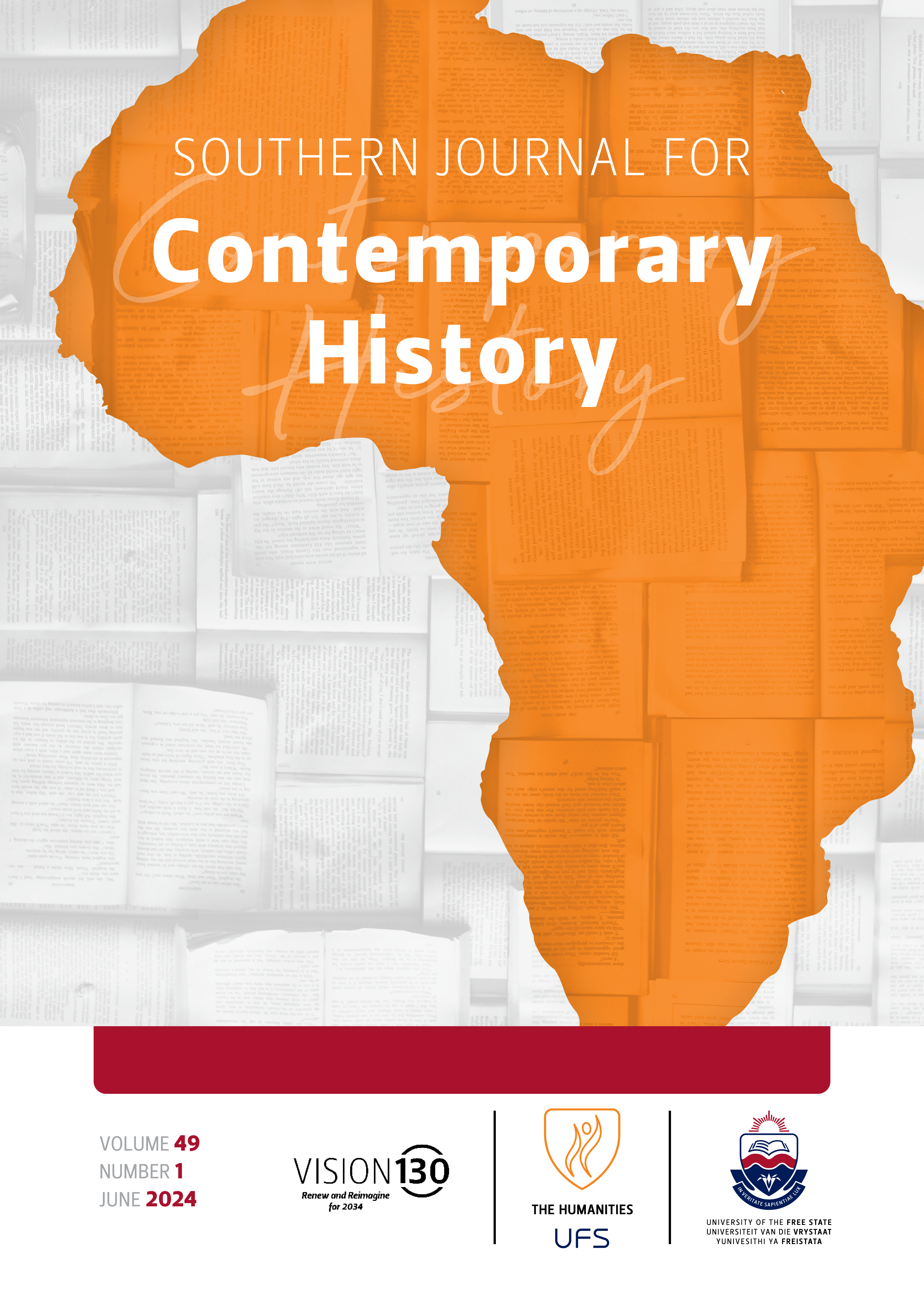Book Review:Erlank, Natasha. Convening Black Intimacy: Christianity, Gender, and Tradition in Early Twentieth-Century South Africa. Johannesburg: Wits University Press, 2022. xvi. 272 pp. ISBN: 9781776148165.
DOI:
https://doi.org/10.38140/sjch.v49i1.8572Abstract
Natasha Erlank’s Convening Black Intimacy: Christianity, Gender, and Tradition in Early Twentieth-Century South Africa is a text that chronicles how “black affect” (referring to the feelings of love, devotion, and attraction in intimate relationships) was profoundly reconfigured by the influence of Christianity.1 While acknowledging the profoundly destabilising effects of the system of migrant labour on the intimate and family lives of black South Africans, central to Erlank’s
argument is the assertion that the modernising influence of the adoption of Christianity by black converts should not be elided (p. 6). She successfully makes this argument over the course of six substantive chapters, demonstrating how embedded Christianity was and continues to be in black life, and “black intimacy” in particular, which she defines as the, “interlinked and interlocking set of thinking, behavior, and feelings tied to sexuality, fertility, the moral dispositions associated with both of these, conjugal and family life, and the gendered roles that shape them” (p. 1). This is, by necessity, a broad definition, also taking into account the public life and discussion of these ideas – the “convening” part of the title.
Downloads
##submission.downloads##
Published
How to Cite
Issue
Section
License
Copyright (c) 2024 Saneze Tshayana

This work is licensed under a Creative Commons Attribution 4.0 International License.




